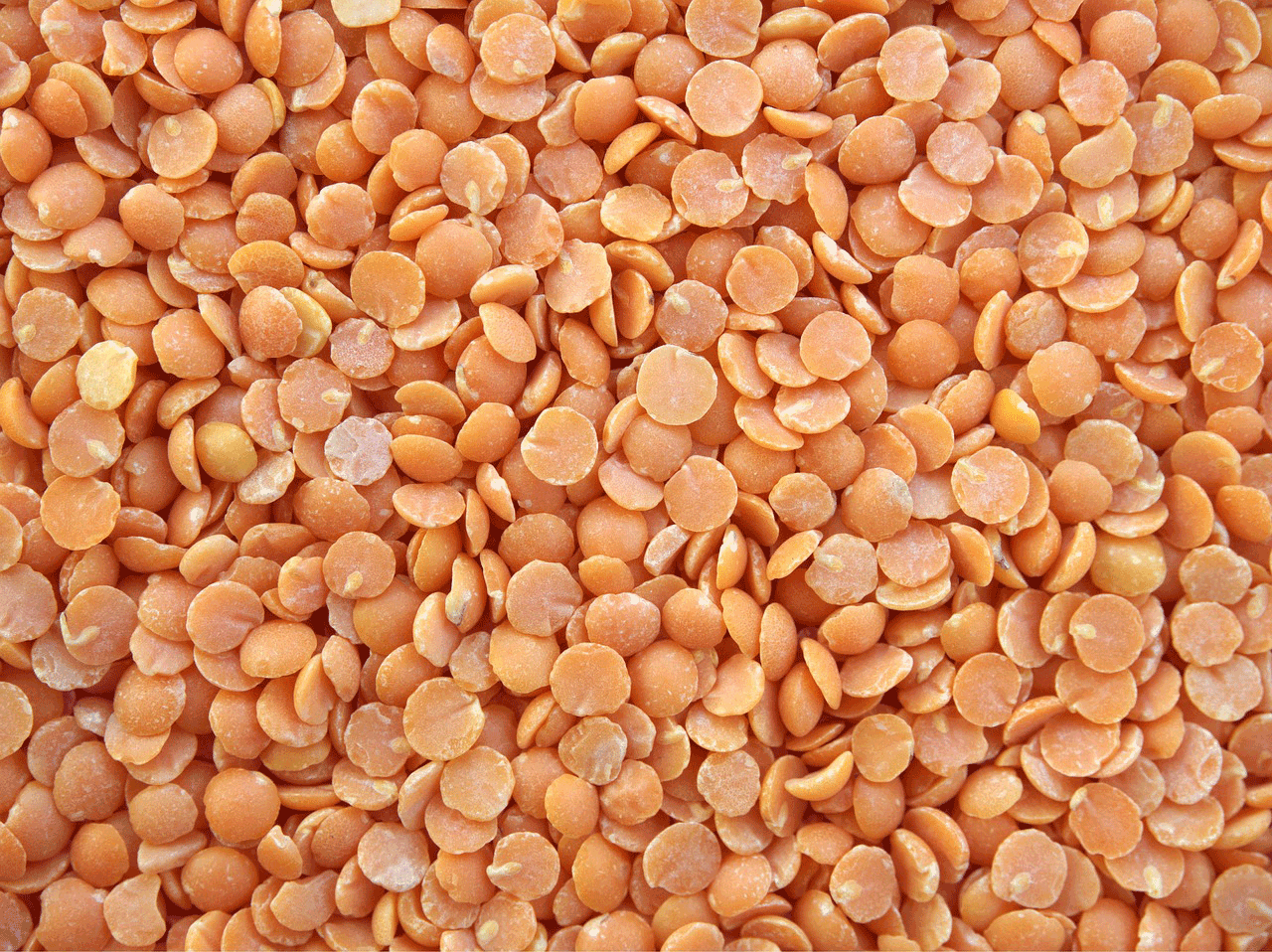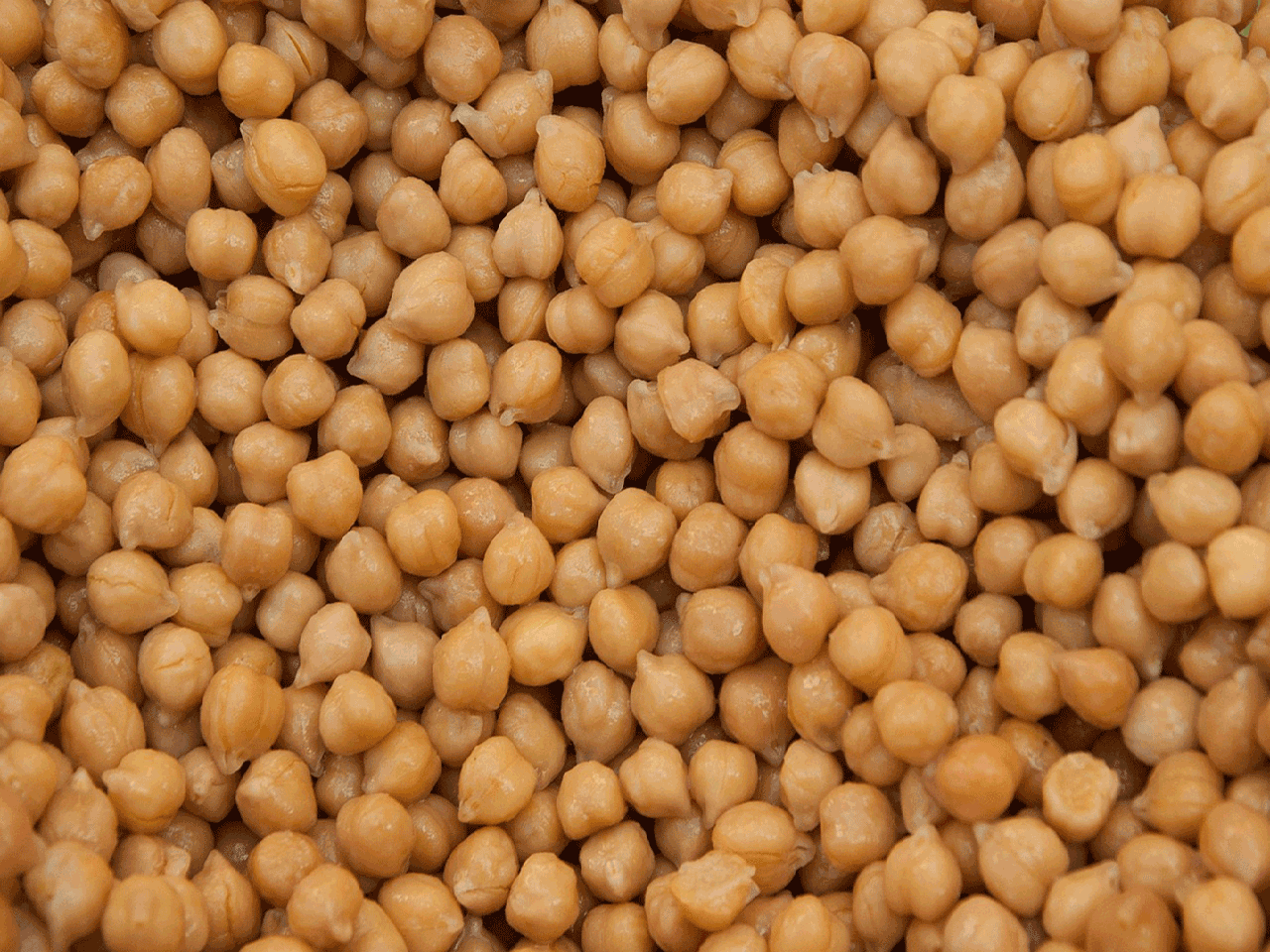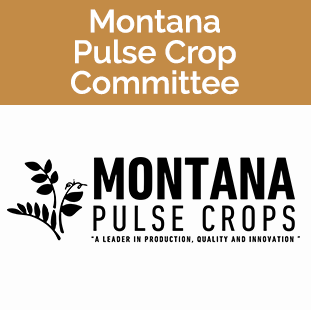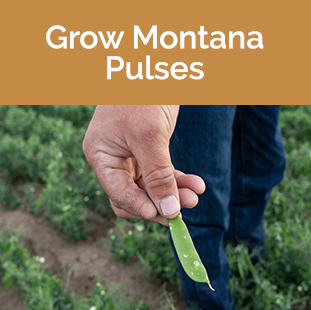Montana’s Pulse Crops
 Welcome to our comprehensive guide on Montana's pulse production! Pulses, including chickpeas, lentils, and dry peas, are a staple in diets worldwide and a key agricultural product for Montana farmers. These crops are not only vital for nutrition but also enhance biodiversity, improve soil health, and offer economic benefits through local and global markets.
Welcome to our comprehensive guide on Montana's pulse production! Pulses, including chickpeas, lentils, and dry peas, are a staple in diets worldwide and a key agricultural product for Montana farmers. These crops are not only vital for nutrition but also enhance biodiversity, improve soil health, and offer economic benefits through local and global markets.

The dry edible pea production in Montana is projected at 10.68 million hundredweight, marking an 8% increase from last year. Despite a slight decrease in planted area from the June Acreage report, the yield per acre has improved, reaching 1,890 pounds. The value of this crop in 2023 was a substantial $145,795,000.

Lentil production in Montana has seen a significant increase, with expectations to reach 7.04 million hundredweight, a 73% rise from the previous year. The planted area has expanded to 720,000 acres, with a forecasted yield of 1,020 pounds per acre. This growth highlights the increasing demand and value of lentils, which amounted to $157,761,000 in 2023.

Chickpeas are another success story, with production forecasted at 2.21 million hundredweight for 2024, an 11% increase from the previous year. The planted and harvested areas have both increased compared to 2023, and small and large chickpea production has risen by 20% and 9%, respectively.
Conclusion
Montana's pulse production is thriving, providing essential nutrients to diets worldwide while supporting the state's agricultural economy. As we continue to see growth in both planted areas and yields, pulses remain a cornerstone of sustainable and profitable farming in Montana. Pulses are a leguminous crop that are harvested solely for the dry seed. Dried peas, chickpeas, and lentils are the most commonly known and consumed types of pulses. These little nutrition nuggets play a huge role in healthy diets in countries all over the world. They also are a powerful versatile crop Montana farmers can use to promote biodiversity, improve soil health, and generate income from local and global markets. Pea, lentil and chickpea crops provide additional revenue for farmers and fix nitrogen that can be used to boost grain crops following pulse crops in a rotation.
Checkout the links below for more information on Montana's Pulse CropsContact




